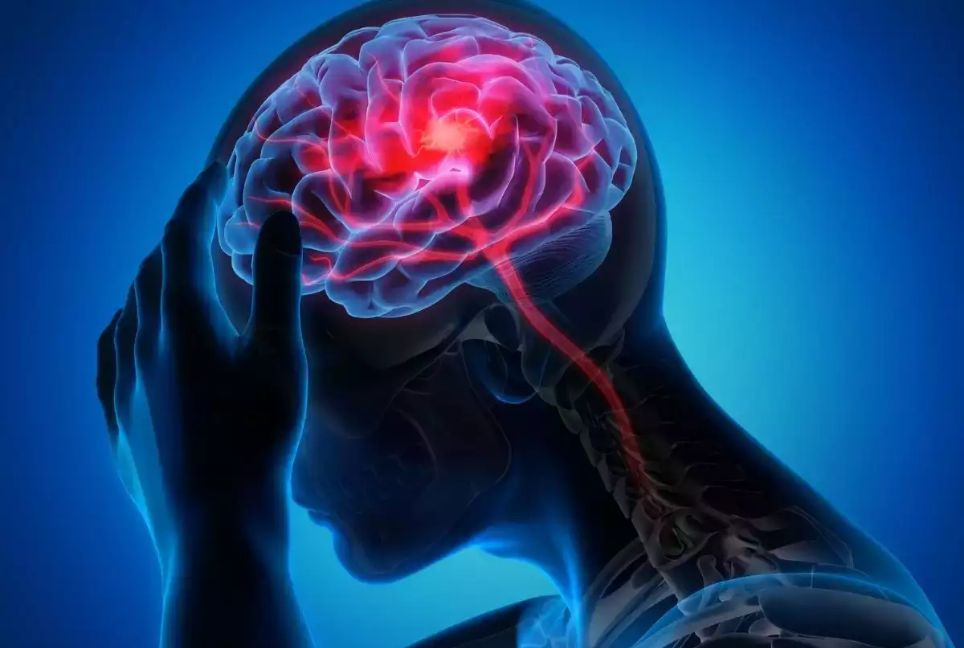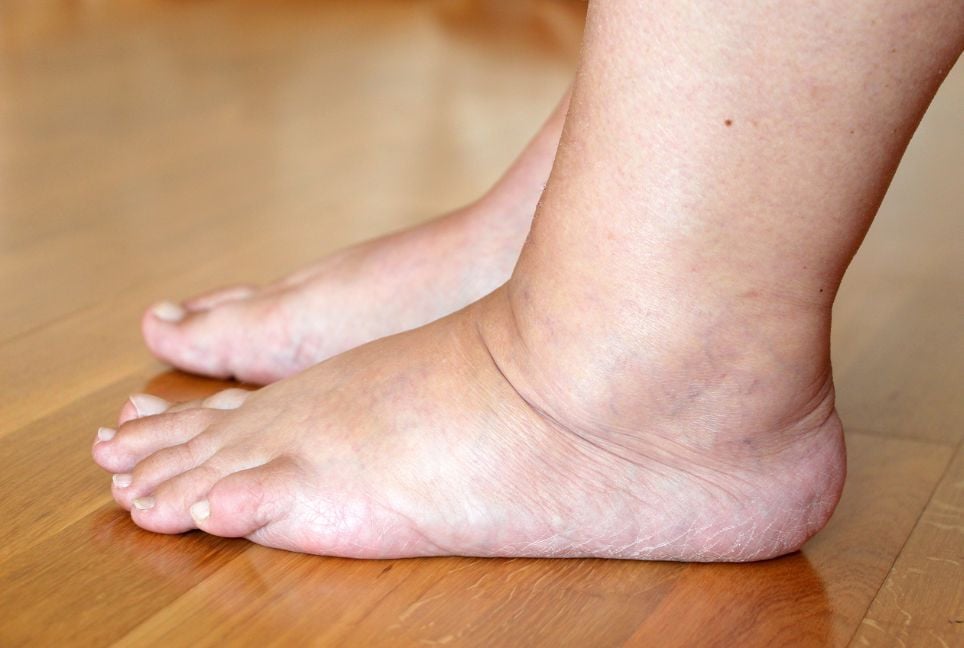A Harvard-affiliated study has revealed that managing 17 key risk factors can reduce the likelihood of developing brain-related diseases such as stroke, dementia, and depression.
The findings, published on April 3 in the Journal of Neurology, Neurosurgery & Psychiatry, emphasize lifestyle and health changes to protect brain health.
Key findings
Researchers reviewed existing studies on stroke, dementia, and late-life depression to identify common modifiable risk factors. These factors, if addressed, could lower the risk of all three conditions. Lead author Jasper Senff noted that these diseases are interrelated, and preventing one can help prevent others.
17 risk factors
Diabetes – Increases the risk of all three conditions.
High blood pressure – Major contributor to stroke, dementia, and depression.
Kidney disease – Linked to higher brain disorder risk.
High fasting blood sugar – Increases risk across all three conditions.
High cholesterol – Especially linked to stroke and cognitive decline.
Excessive alcohol consumption – Affects brain health and mood.
Unhealthy diet – Contributes to chronic diseases impacting brain function.
Hearing loss – Associated with a higher risk of dementia.
Chronic pain – Impacts cognitive performance and mental health.
Lack of physical activity – Shared risk factor for all three conditions.
Feeling a lack of purpose – Heightens depression risk.
Poor sleep – Affects brain and emotional health.
Smoking – Contributes to brain-related illnesses.
Social isolation – Linked to depression and cognitive issues.
Chronic stress – Impairs mental and brain function.
Untreated depression – Can lead to neurological problems.
Obesity – Increases vulnerability to stroke, dementia, and depression.
Protecting your brain
The study suggests that small, manageable lifestyle changes, such as improving diet, staying active, and managing conditions like high blood pressure, can significantly reduce the risk of brain diseases. Preventive measures like quitting smoking, managing stress, and improving sleep could lead to better brain health and quality of life as we age.
Courtesy: Hindustan Times
Bd-pratidin English/FNC































































